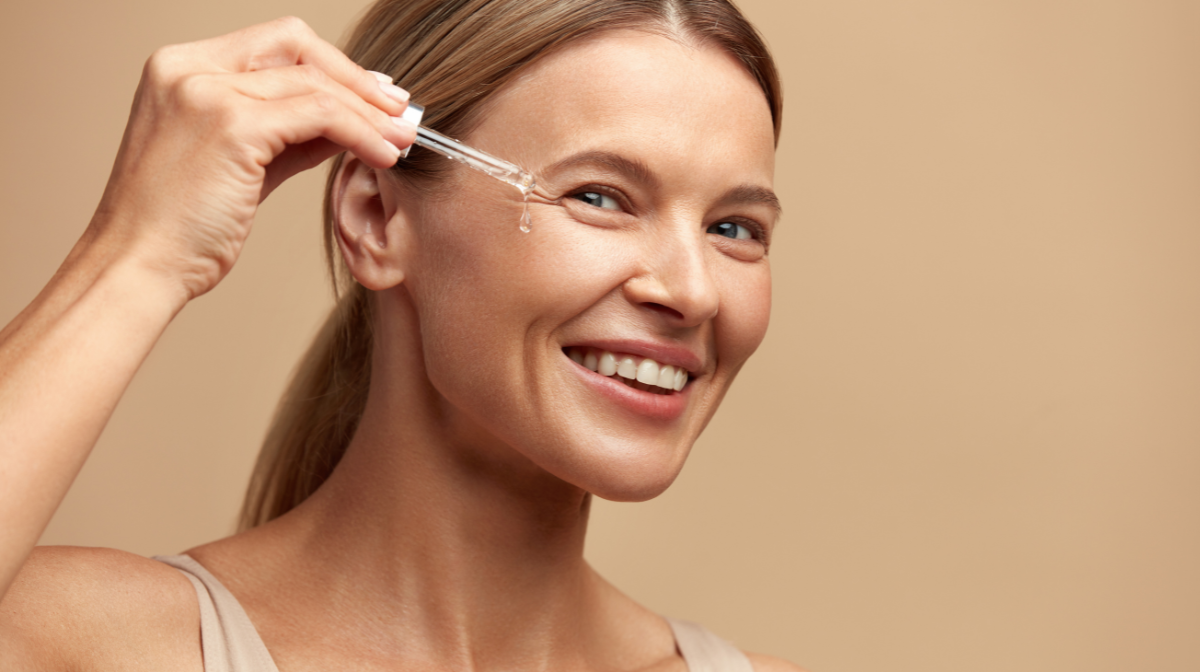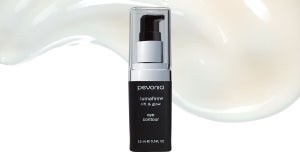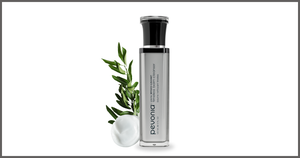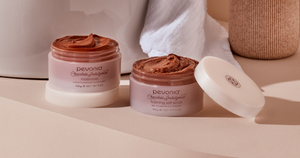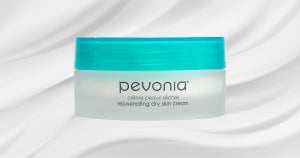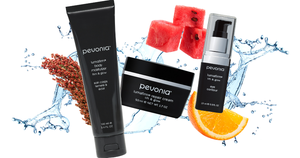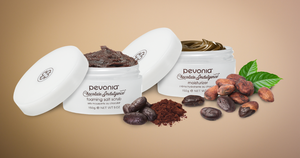
Known for its many benefits, this powerhouse ingredient has become a skincare staple in recent years.
But lately, there’s been talk of it disappearing from shelves. To clear up the rumors, we’re here to provide everything you need to know about the so-called retinol ban.
Is Retinol Banned in Europe?
Before you start worrying about your favorite serum, here’s the good news: retinol isn’t banned in Europe. That said, there are a few changes you should be aware of.
The EU is introducing new limits on how much of this ingredient can be included in skincare. By 2027, products for the face and hands will be capped at 0.3%, while body care will be limited to 0.05%
Any new beauty items will need to comply with these rules by late 2025, and existing ones must meet the requirements by 2027.
So, hold off on the panic-buying - while your routine staples may have slightly lower concentrations, they’ll still be readily available.
Note: Prescription retinoids won’t be affected by these limits.
Why is Retinol Being Regulated?
With its gold-standard status in the skincare world, why are new regulations being introduced?
Well, it’s become clear that the improper or overuse of retinol could cause unwanted effects, such as irritation or disruption to your skin’s natural barrier.
The new limits are designed to reduce those risks, so you can safely and effectively enjoy its benefits.
How to Use Retinol Safely
Proper application of retinol is key to achieving the best results. Here’s what you need to keep in mind:
Start with a low concentration: You might be wondering what percentage of retinol to use. We recommend starting with a low strength, like 0.025%, and gradually building up from there. The sandwich method (layering it between two applications of moisturizer) could be a gentle way to ease your skin into using this ingredient.
Listen to your skin: If you notice irritation, try applying it less frequently or switch to a gentler formula. Keep in mind that it may not suit everyone – if even the lowest percentage is causing problems, it might be time to stop using it.
Avoid during pregnancy: This ingredient isn’t recommended for use while pregnant – so it’s best to save these products until after your little one is born.
Always wear SPF: Some studies suggest that it could make your skin more sensitive to sunlight so wearing SPF could help to protect the skin.
So, while there may be some changes to your skincare staples, rest assured they’ve been made with your safety in mind.
Start your retinol journey by exploring our range today.

